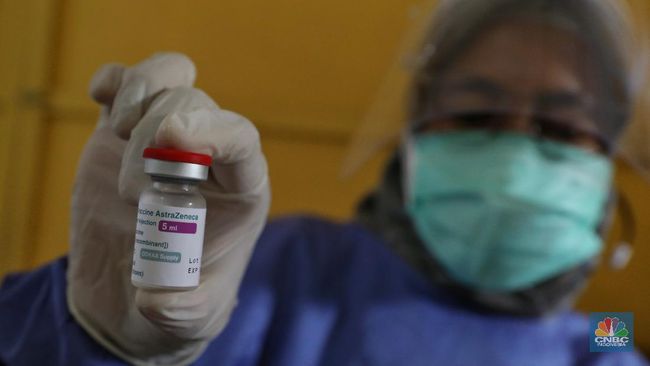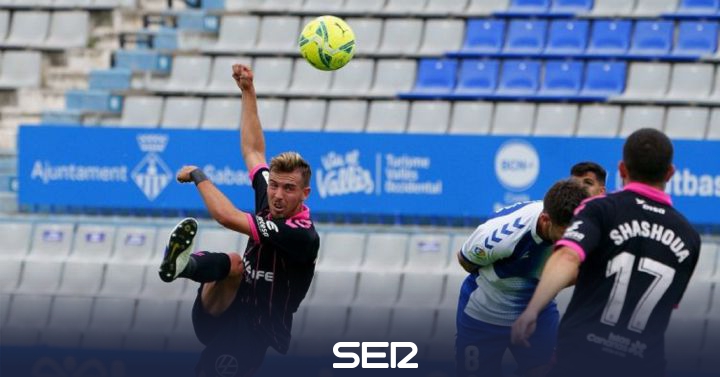Of the almost 600 applications, only seven candidates were allowed to stand for election, of which four are now left. The others have withdrawn. “It is mostly men who share the same ideas as the Supreme Leader, and with that, Iran seems to be heading on an even more conservative course,” said Middle East correspondent Daisy Mohr.
Winner seems to be fixed
“The election atmosphere that I felt in the past is hardly there now,” a man from Tehran told the NOS. He also does not want to be mentioned by name for his safety. “It already seems certain that Ebrahim Raisi will win, you don’t have to be a political scientist for that.”
Raisi is the current chief justice of the country and very conservative. He gets by human rights organizations He was held jointly responsible for the executions of thousands of political prisoners in 1988. He was a member of the so-called ‘death commission’, in which he and three other judges decided who should be executed. Especially supporters of the Iranian People’s Mujahideen (MEK), an opposition movement banned from Iran, had to pay the price.
Although Raisi lost to President Rouhani in 2017, according to Mohr, he now indeed has a great chance. “He is a loyal ally of Ayatollah Khamenei. He does not seem to have serious competitors, because the Supreme Leader has ensured that they are not allowed to participate in the elections. This also has to do with the fact that 82-year-old Khamenei as a possible successor, should something happen to him.”
Ideas of Islamic Revolution
Raisi embodies the ideas of Islamic revolution, in which he has been involved since its inception in 1979. “Many Iranians who support the ideals of the revolution will vote for him. He promises to tackle the economic crisis and that appeals to people,” says Mohr.
“But Iran has a predominantly young population and they see their dreams sink further under Raisi. Under him, relations with the West will not get any easier and the country will become further isolated. While their focus is more on the West.”
The big question is how the negotiations on a return to the 2015 nuclear deal will proceed under a president like Raisi. The sixth round of talks in Vienna also does not seem to have yielded any clear results. “Raisi regularly lashes out at the West, but recently said he wanted to return to that deal. He probably cannot avoid it in the end, lifting the sanctions is economically crucial.”
Boycott of the elections
Even though Raisi’s win is not yet certain, Mohr says many Iranians will not vote out of dissatisfaction. from recent polls shows that about 41 percent of Iranians will go to the polls, a historically low turnout. Supreme Leader Khameini has already said a low turnout would be the ‘fault of the West’.
Several Anglophone and Persian hashtags have been trending on social media for weeks to boycott the election.
–


